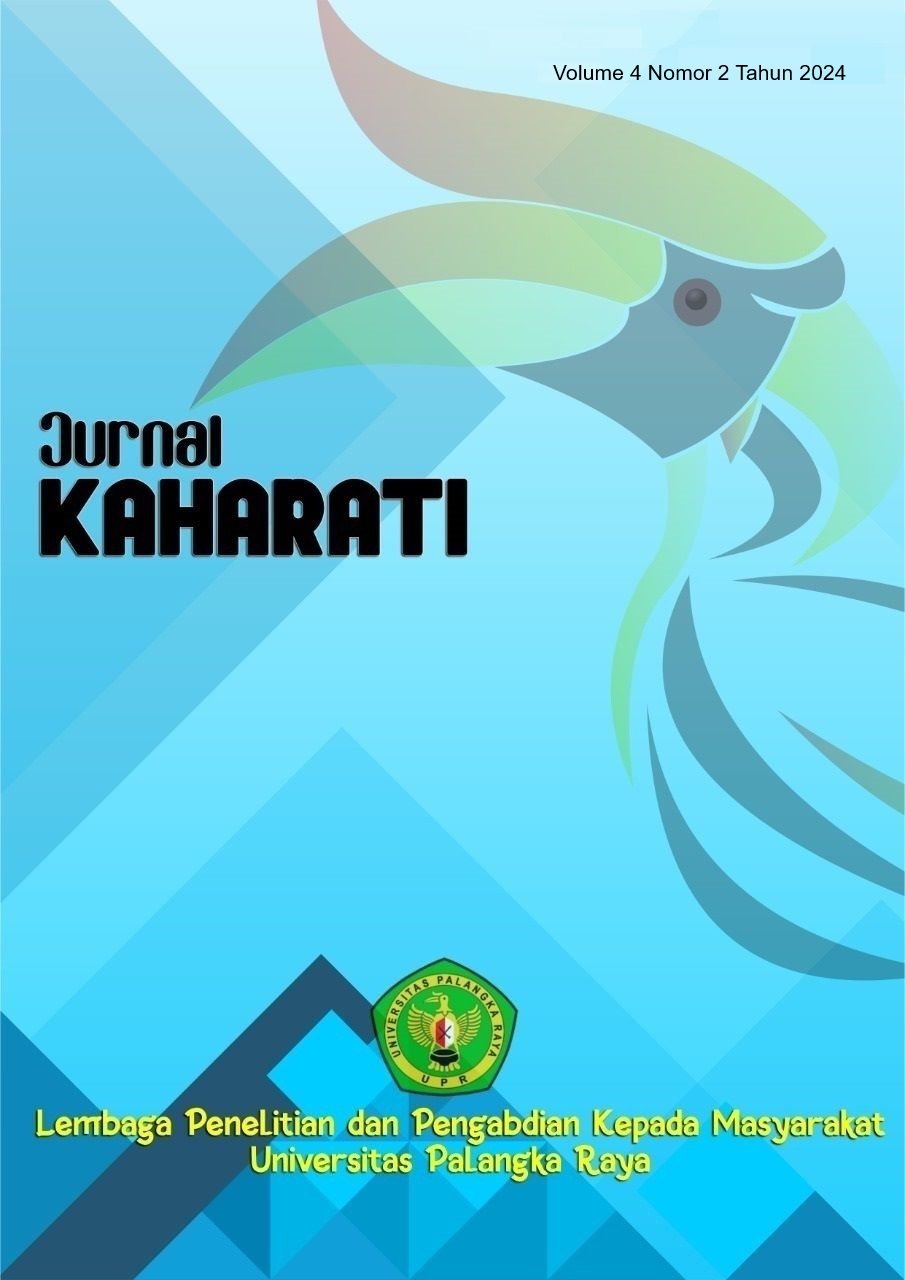Respon Tanaman Kedelai Edamame (Glycine Max (L.) Merr.) Terhadap Pemberian Dolomit Dan Pupuk Hayati Majemuk Pada Tanah Gambut
DOI:
https://doi.org/10.52850/jptupr.v4i2.15662Keywords:
biofertilizer, dolomite, extensification, peat soil, soybeanAbstract
Edamame soybeans are soybeans that are harvested young, so they are known as green soybeans. The high nutritional content and delicious taste make edamame soybeans popular with the public. Extensification is one effort that can be done to increase edamame soybean production. One type of soil that has the potential to expand edamame soybean plants is peat soil. This research aims to examine the response of edamame soybean plants to the application of dolomite and compound biofertilizer on peat soil. The experiment was carried out using a two-factor factorial Completely Randomized Design (CRD) with three replications. The first factor, namely dolomite (0, 15, 30, and 45 g polybag-1) and the second factor, namely biological fertilizer (0, 5, 10, and 15 g kg-1 seed). The results of the study showed that the influence of the interaction between dolomite and compound biofertilizer as well as the single factor of compound biofertilizer had no significant effect on the growth and yield of edamame soybeans. Edamame soybean plants are responsive to dolomite. The highest number of plant seeds was obtained when administering dolomite at a dose of 30 or 45 g polybag-1, namely 29.50-32.25 seeds plant-1.






